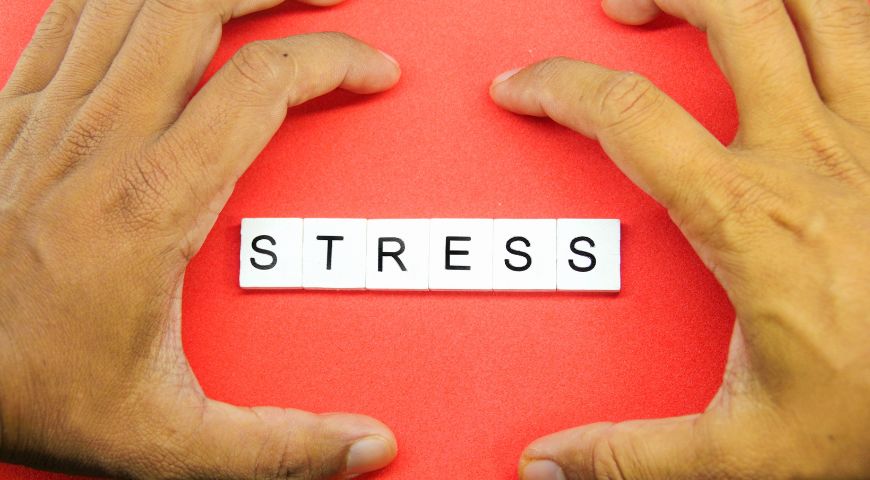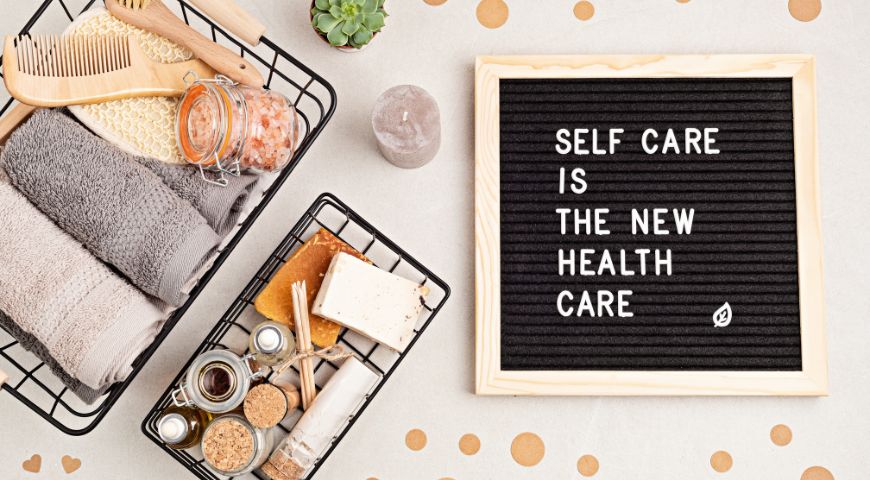As a therapist in Mumbai, I often talk to my clients about the importance of self-care. In today’s fast-paced world, it’s easy to neglect our mental and emotional well-being, focusing instead on work, family, and other responsibilities. However, when we ignore our own needs, we can end up feeling overwhelmed, anxious, or even burnt out. That’s why self-care is essential for maintaining mental wellness. It’s not just a luxury; it’s a necessity.
I work with individuals all over the world, helping them incorporate self-care into their lives as a tool to support mental health. As a psychologist in India, I see how vital it is for people to make time for themselves, especially when facing challenges like anxiety, depression, or daily stress. Whether you’re dealing with a mental health condition or simply looking to improve your overall well-being, self-care should be an integral part of your routine.
What is Self-Care?
Self-care refers to any intentional actions you take to care for your physical, mental, and emotional health. It can include activities such as exercise, meditation, journaling, spending time with loved ones, or even something as simple as getting enough sleep. The key to self-care is that it’s about putting yourself first and recognizing that your well-being matters.
In my sessions, I encourage clients to reflect on their own self-care practices, if any. Many times, I find that people confuse self-care with being indulgent or selfish. However, self-care is about replenishing your energy and taking time to nurture your mind and body so that you can better handle life’s challenges.
Why is Self-Care Important for Mental Wellness?

Reduces Stress
One of the most significant benefits of self-care is that it helps reduce stress. By setting aside time for yourself, you’re creating moments of calm in a busy world. Engaging in activities you enjoy or find relaxing, whether it’s reading, walking, or practicing mindfulness, can help lower stress levels and reduce the risk of mental exhaustion.
When I work with clients dealing with chronic stress or burnout, I often recommend they take a depression and anxiety test to understand where their mental health stands. This can provide insights into whether their stress has escalated into something more, such as anxiety or depression, that requires further attention.
Improves Emotional Well-being
Self-care also plays a crucial role in improving emotional health. By giving yourself time to reflect and unwind, you allow yourself to process emotions in a healthy way. This is especially important for those dealing with difficult emotions, such as grief, anger, or sadness.
As a therapist in Mumbai, I’ve worked with many clients who struggle with managing their emotions due to a lack of self-care. When they start implementing small, consistent self-care practices, they often notice improvements in their emotional resilience and their ability to cope with challenging situations.
Boosts Mental Wellness
Mental clarity is another benefit of self-care. When you’re constantly rushing from task to task without taking time to pause, it can be easy to lose focus and feel mentally drained. Self-care allows you to reset, giving your mind the space it needs to think clearly and make decisions with greater ease.
For those experiencing feelings of overwhelm, I often suggest practices like journaling or meditation. These activities not only offer mental wellness but also help you gain a better understanding of your emotions and thought patterns.
Prevents Burnout
Burnout is a state of emotional, mental, and physical exhaustion caused by prolonged stress. In my work as a psychologist in India, I frequently see individuals who push themselves too hard, neglecting their own needs until they reach a breaking point. Self-care helps prevent burnout by ensuring you are taking regular breaks and listening to your body and mind’s signals.
How to Incorporate Self-Care into Your Life
Incorporating self-care doesn’t need to be complicated or time-consuming. Start small by setting aside just a few minutes each day to do something for yourself. Whether it’s a five-minute meditation, a short walk, or even just taking time to breathe deeply, these small actions can make a big difference.
Here are some simple ways to practice self-care:
- Take regular breaks during work.
- Set boundaries to protect your time and energy.
- Engage in physical activity, even if it’s just stretching or a quick walk.
- Practice mindfulness or meditation to calm your mind.
- Spend time with friends or loved ones who uplift you.
- Get enough sleep and prioritize rest.
Final Thoughts
Self-care is an essential part of maintaining mental wellness. It’s about taking proactive steps to manage stress, nurture emotional health, and prevent burnout. As a psychologist in India, I believe that by incorporating self-care into your daily routine, you can significantly improve your mental health and overall well-being.
If you’re struggling with stress, anxiety, or depression and are unsure where to begin, taking a depression and anxiety test might help you gain insight into your mental health. From there, therapy can offer guidance on how to create a personalized self-care plan that works for you. Remember, self-care is not a luxury—it’s a vital part of living a balanced and healthy life.




